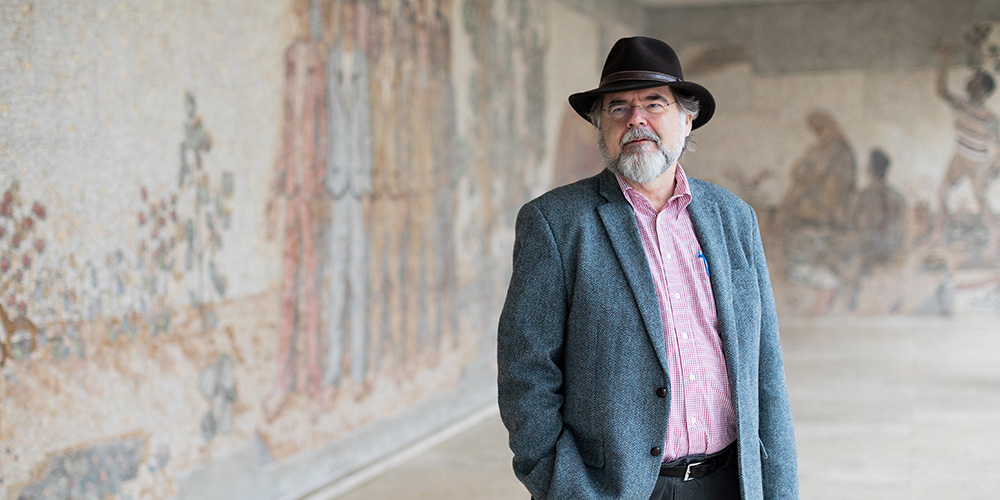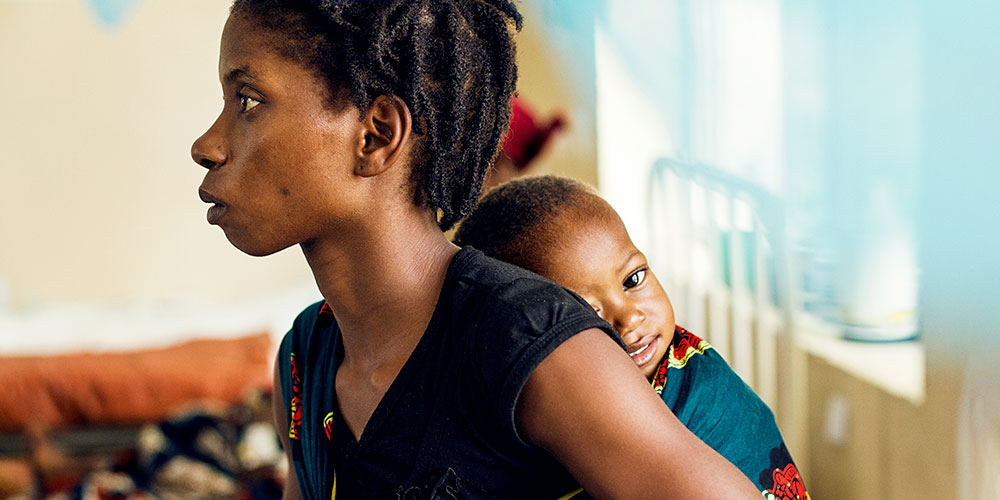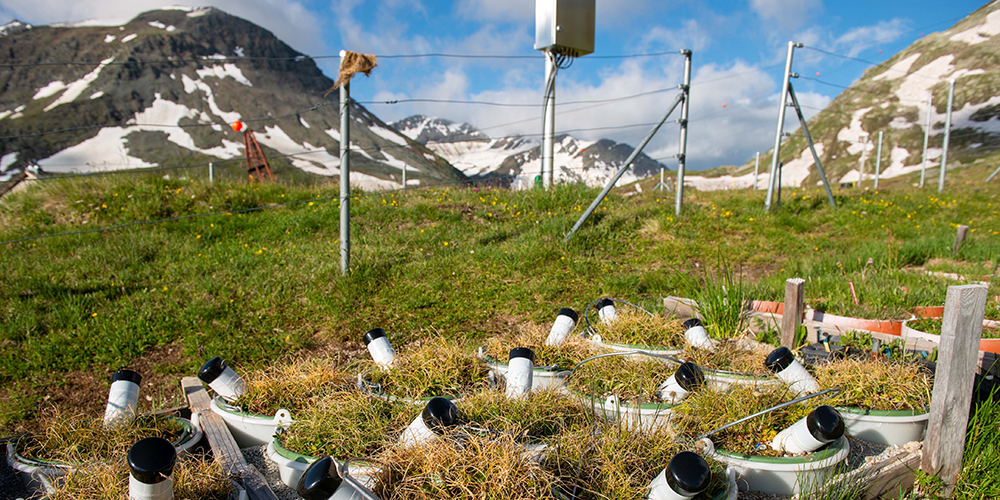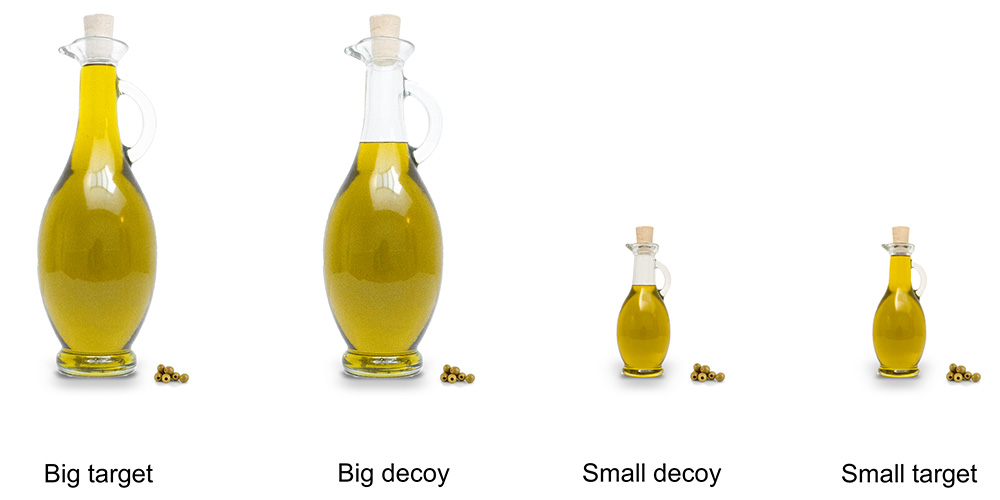Historian Christian Simon has studied the history of the University of Basel during the National Socialist dictatorship. He says the professors struggled to distance themselves from the German higher education system.

Researchers have long suspected a link between bed occupancy and mortality in hospitals. Now, a study by the University of Basel has provided the missing data, revealing that smaller hospitals reach their capacity limit much earlier.

For many people in Switzerland, holidays in the snow are as much a part of the end of the year as Christmas trees and fireworks. As global warming progresses, however, white slopes are becoming increasingly rare. Researchers at the University of Basel have calculated how well one of Switzerland’s largest ski resorts will remain snow reliable with technical snowmaking by the year 2100, and how much water this snow will consume.

Rectal artesunate, a promising antimalarial drug, has no beneficial effect on the survival of young children with severe malaria when used as an emergency treatment in resource-constrained settings. These are the results of a large-scale study conducted by the Swiss Tropical and Public Health Institute and local partners in three African countries.

The University Council has appointed Professor Corey Ross professor of European Global Studies and the new director of the University of Basel's Institute for European Global Studies, while Professor Cordula Lötscher is to become professor of private law.
Directors, trustees, Executive Board members: members of Switzerland’s Federal Parliament often have other duties in addition to their political office and occupation. Researchers in political science at the University of Basel have investigated how these alliances affect political developments.

Global warming is leading to longer growing seasons worldwide, with many plants growing earlier in spring and continuing longer in autumn thanks to warmer temperatures—so the general opinion. Now, however, plant ecologists at the University of Basel have been able to show that this is not the case for the most common type of alpine grassland in the European Alps, where an earlier start leads to earlier aging and leaves the grassland brown for months.

The introduction of the general right to vote for women in Switzerland contributed significantly to their emancipation. Researchers at the University of Basel have now retrospectively statistically evaluated and quantified the effects on employment, education and the family model.

When people have the choice between two products, a third option can influence their decision by shifting their focus. Researchers from the University of Basel have shown, however, that whether one object is preferred over another depends on which visual features are being used to form an opinion.

